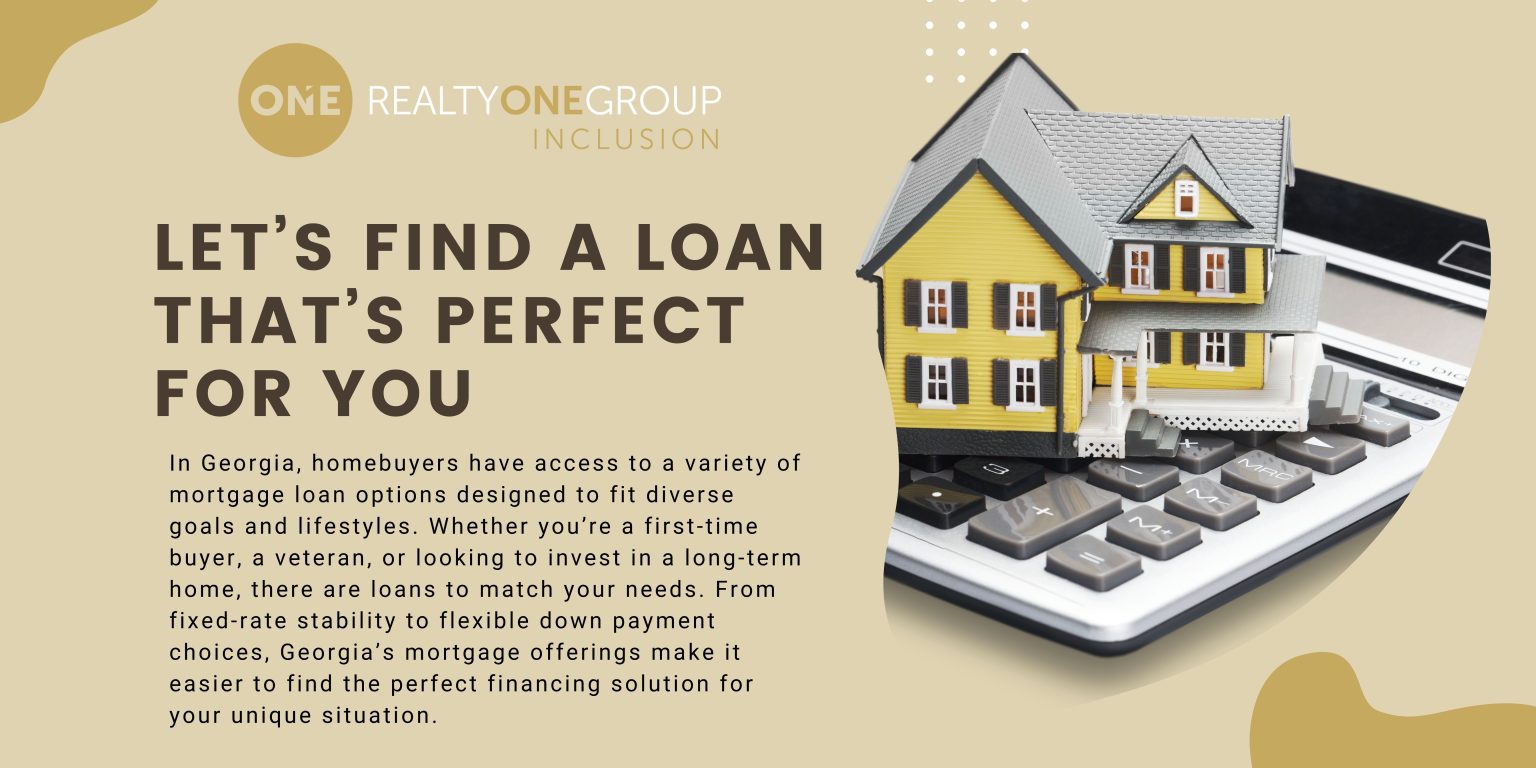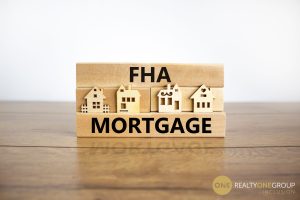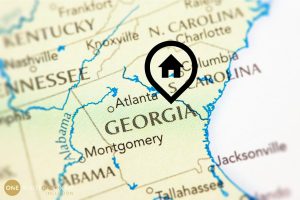
Conventional Loans
Offers flexible down payment options, with added advantages for those who can make a larger initial payment. Putting down 20% allows borrowers to eliminate mortgage insurance, reducing monthly costs. Additionally, it provides financing for property types that are often restricted by government loan programs, giving buyers more choice and flexibility. Conventional Loan options include Fannie Mae Home Ready and Freddie Mac Home Possible.
- Down Payment – Conventional loans typically require a down payment of at least 3% to 5%, though a larger down payment (e.g., 20%) may be required to avoid private mortgage insurance (PMI).
- Private Mortgage Insurance (PMI) – If the down payment is less than 20%, borrowers are usually required to pay PMI, which protects the lender in case of default. PMI can be canceled once the borrower’s equity reaches 20%.
- Credit and Income Requirements – Conventional loans generally require higher credit scores (typically 620+) and stricter income and debt-to-income (DTI) ratio requirements compared to government-backed loans.
- Fixed or Adjustable Rates – Conventional loans offer both fixed and adjustable interest rates, giving borrowers flexibility in choosing a loan term that fits their financial goals.
- Loan Limits – Conventional loans must fall within the conforming loan limits set by the Federal Housing Finance Agency (FHFA), which varies by location. Loans exceeding these limits are called "jumbo loans."
Conventional loans are best for borrowers with good credit and a steady income who can afford a larger down payment. They offer flexibility in terms of loan options and are often ideal for buyers with stronger financial profiles, especially those who can put down 20% to avoid PMI.
Fannie Mae
Freddie Mac Home Possible
The Freddie Mac Home Possible® mortgage offers greater flexibility and options for very low-to-low-income borrowers seeking homeownership. With a down payment as low as 3%, it allows co-borrowers who don’t live in the home, multiple financed properties, and more—all with competitive rates and the simplicity of a conventional mortgage. This program helps you provide affordable solutions while growing your business and supporting your community.

Federal Housing Administration Loan (FHA)
The FHA loan offers a low down payment of just 3.5%, which can be fully gifted by family members or an employer. Sellers can also contribute up to 6% of the home’s price toward closing and pre-paid costs, easing the upfront expense for buyers. With flexible credit requirements, it’s possible to qualify even with a lower credit score, thanks to government backing. The loan allows upfront mortgage insurance to be financed or paid in cash and provides refinancing options for those with limited equity. Borrowers can choose between fixed-rate or adjustable-rate terms to suit their needs.
- Low Down Payment – FHA loans require only 3.5% down if your credit score is 580+, and 10% if it’s between 500-579.
- Easier Credit Requirements – FHA loans are more flexible with credit scores, often accepting lower scores than conventional loans.
- Mortgage Insurance Premiums (MIP) – FHA loans require both an upfront and monthly MIP to protect the lender.
- Flexible Debt-to-Income (DTI) Ratios – Allows for slightly higher DTI, making it easier for borrowers with existing debts to qualify.
- Property Standards – FHA loans require the home to meet safety and livability standards before approval.
FHA loans can be a good fit for buyers who need lower down payments and easier credit terms. However, for those with higher credit and more savings, a conventional loan could be more affordable since it lacks ongoing mortgage insurance fees.

United States Department of Agriculture Loan (USDA)
A USDA loan in Georgia is a government-backed mortgage designed to help low- to moderate-income homebuyers purchase a home in eligible rural and suburban areas. It offers 100% financing, meaning no down payment is required, making it an affordable option for those who qualify. USDA loans also have competitive interest rates and low mortgage insurance costs, helping more Georgians achieve homeownership in areas outside major cities.
- No Down Payment – USDA loans allow for 100% financing, meaning qualified buyers can finance the full purchase price without a down payment.
- Low Interest Rates – USDA loans often come with competitive interest rates, which are set to help make payments affordable for lower- and moderate-income buyers.
- Geographic and Income Requirements – USDA loans are available for homes in designated rural and suburban areas (which may include small towns) and are typically limited to borrowers with moderate or lower household income. Eligibility for a USDA loan depends on both the property location and the borrower’s income level.
- Mortgage Insurance – Instead of traditional mortgage insurance, USDA loans require an upfront and annual guarantee fee, which is usually lower than private mortgage insurance (PMI) on conventional loans.
- Fixed-Rate Only – USDA loans only offer fixed interest rates, providing steady, predictable monthly payments over time.
USDA loans are ideal for low- to moderate-income buyers looking to purchase a home in a rural or eligible suburban area with little to no down payment. They can be a great alternative to FHA loans, offering similar benefits without the need for a high down payment or high mortgage insurance premiums.

VA Loans for Military and Veterans
If you're active-duty military, a veteran, or an eligible family member, you may qualify for a VA loan. This government-backed loan provides 100% financing of the property’s reasonable value, with more flexible requirements than conventional loans.
VA Loan Requirements
- 30-Year Term
- 580 minimum FICO with a maximum loan amount of $1,000,000
- 680 minimum FICO with a maximum loan amount of $2,000,000
- 15-Year Term
- 580 minimum FICO with a maximum loan amount of $1,000,000
- For loans above $647,200, any financed funding fee must be included in the maximum amount for both 15- and 30-year terms.
Housing Grants for Service-Related Disabilities
Qualified veterans with service-connected disabilities may be eligible for grants to help buy, build, or adapt a home to meet their needs.
VA loans are ideal for active-duty service members, veterans, and eligible surviving spouses who are looking to buy a home with little to no money down. These loans offer some of the most affordable mortgage options available, with competitive rates and no PMI, making them an excellent choice for those who qualify.

Jumbo Loan
A Jumbo Loan is a type of mortgage for properties that exceed the conforming loan limits set by the Federal Housing Finance Agency (FHFA). These limits vary by region. In Savannah, Georgia (Chatham County), the 2024 conforming loan limit for a single-family home is $766,550. Loans above this limit are considered a jumbo loan. Jumbo loans are commonly used to finance luxury or high-value properties.
Since jumbo loans aren’t eligible for purchase by Fannie Mae or Freddie Mac, lenders view them as higher-risk, often requiring stricter qualification criteria like a higher credit score, a larger down payment (usually 10-20%), and a lower debt-to-income ratio. Due to these factors, jumbo loans typically have higher interest rates than conventional loans.
- High Loan Limits – Jumbo loans cover amounts that exceed the conforming loan limit, which is typically around $726,200 but may be higher in some high-cost areas.
- Higher Down Payment – These loans often require a larger down payment, usually between 10% to 20% or more, depending on the lender and borrower’s financial profile.
- Strict Credit and Income Requirements – Jumbo loans have stricter qualification standards, often requiring high credit scores (usually 700+), a low debt-to-income (DTI) ratio, and a strong income history.
- No Government Backing – Jumbo loans are not backed by government entities like FHA, VA, or USDA loans, so they come with higher risks and stricter guidelines.
- Competitive Interest Rates – While rates may be slightly higher than conforming loans, they’re often competitive depending on the borrower’s financial profile and market conditions.
Jumbo loans are a fit for buyers with strong financial credentials looking to purchase high-value properties or homes in expensive markets. Buyers should be prepared for more rigorous requirements and a larger down payment but can access competitive interest rates when they meet the lender’s qualifications.

Home Equity Conversion Mortgages for Seniors (HECM)
A HECM loan (Home Equity Conversion Mortgage) is a type of reverse mortgage insured by the Federal Housing Administration (FHA) and is available to homeowners aged 62 and older. In Georgia, like in other states, a HECM loan allows eligible homeowners to convert part of their home equity into cash without having to sell the home or make monthly mortgage payments. Instead, the loan is repaid when the homeowner sells the home, moves out, or passes away.
Here’s how a HECM works in Georgia:
- Eligibility and Requirements: The homeowner must be at least 62, live in the home as their primary residence, and have substantial equity in the property. FHA-approved counseling is required before proceeding to ensure borrowers understand the implications of a HECM loan.
- Loan Amounts and Payments: The loan amount depends on factors like the borrower’s age, the home’s value, and current interest rates. Borrowers can choose to receive the funds in various ways: a lump sum, monthly payments, a line of credit, or a combination.
- Repayment: Repayment is only required when the borrower sells, moves out permanently, or passes away. At that time, the home is typically sold to cover the loan balance, and any remaining equity goes to the borrower or their heirs.
- Considerations: Borrowers still need to pay property taxes, homeowner’s insurance, and maintenance costs. Failing to do so can lead to foreclosure.
HECM loans are popular for Georgia seniors who want to stay in their homes while accessing extra funds, but it’s essential to weigh the costs and long-term impact on home equity.

Georgia Dream Program
The Georgia Dream Loan Program is a state-backed mortgage assistance program aimed at helping eligible first-time homebuyers, or those who haven't owned a home in the last three years, to purchase a home in Georgia. It is managed by the Georgia Department of Community Affairs (DCA) and provides affordable financing options along with down payment assistance.
Here's how it works:
- Down Payment Assistance: The program offers down payment assistance for qualified borrowers, which can help cover costs like down payments and closing fees. For example, there are options like the Standard Assistance, providing $7,500, and PEN Assistance (for those employed in public safety, education, or health care), offering $10,000.
- Eligibility: To qualify, applicants must meet certain income limits, have a minimum credit score (usually around 640 or higher), and complete a homebuyer education course. The program is income-restricted, with maximum income limits based on household size and the county where the property is located.
- Loan Options: Georgia Dream loans offer fixed-rate mortgages, making it easier for first-time buyers to budget for their mortgage payments over time.
- Restrictions: The property must be the buyer's primary residence, and borrowers must not exceed the program's set purchase price limits, which vary by county.
The Georgia Dream Program is ideal for first-time buyers needing a bit of help with upfront costs and can make homeownership more attainable in a state with rising property values.

